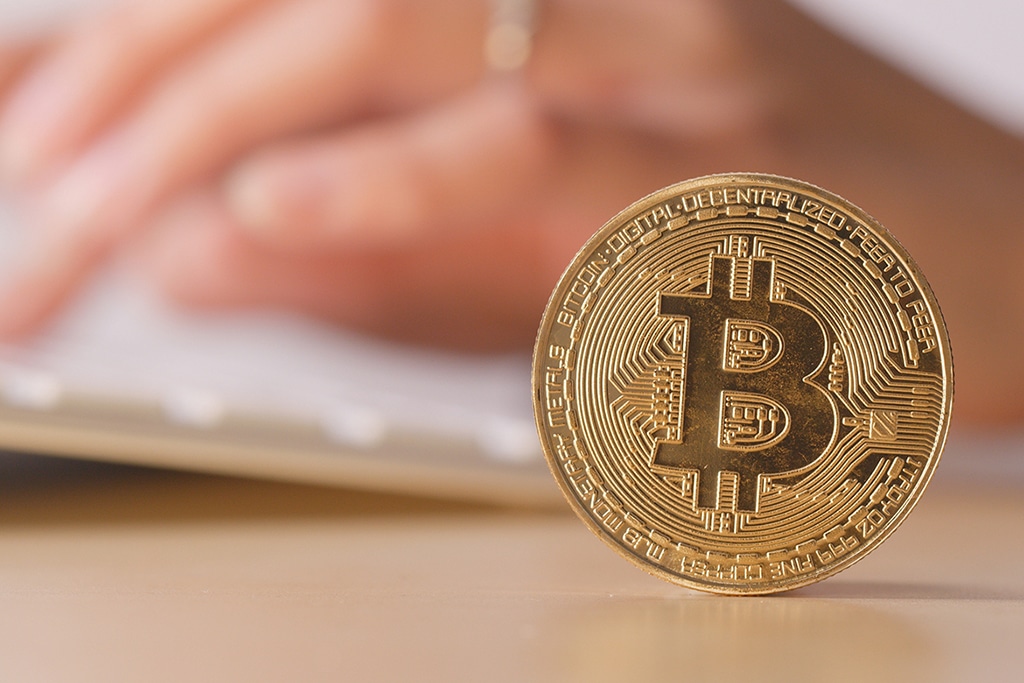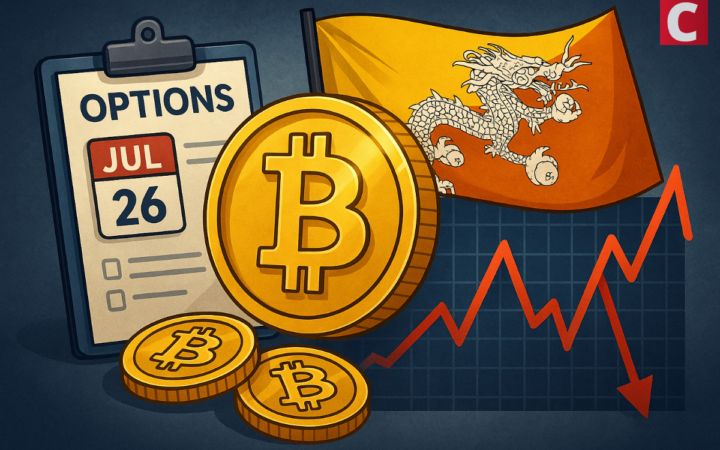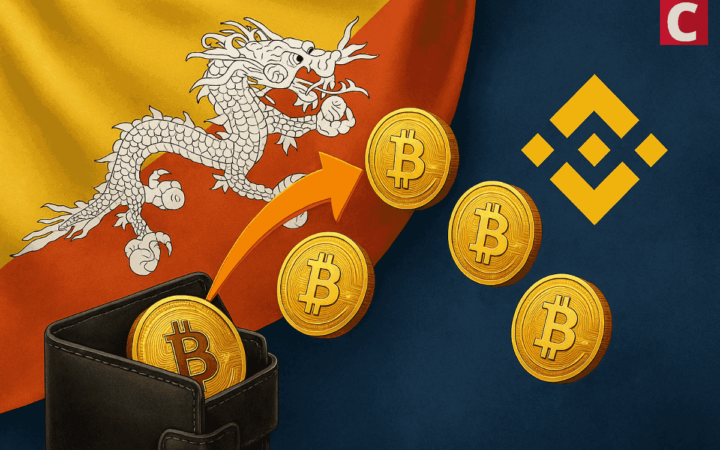
Please check out latest news, expert comments and industry insights from Coinspeaker's contributors.
The dilemma leaves no room for a middle ground for BTC holders. A risky bet that can be as lucrative as ruinous.

The price of Bitcoin (BTC) and its changes remain a topic of great interest, especially after November 2021 when it reached a new all-time high, surpassing USD 68,000. But you may be wondering what the factors that determine its price are. However, its current price is very far from €59,496.15.
What we are experiencing now are the fluctuations that the price of the oldest cryptocurrency undergoes every day, and these are the reasons why its value can vary so much.
Bitcoin is a decentralized currency, and its value depends on supply and demand, but there are other factors that also influence it. Cryptocurrency, unlike other currencies such as the euro or the dollar, does not have a bank behind it. Bitcoin acts without anybody to regulate it or influence its value. In other words, its price is calculated on the open market: buyers and sellers establish the price at which it is exchanged.
This fact leads to great volatility, which means that the price of Bitcoin fluctuates very frequently, sometimes selling very cheaply and sometimes very expensively. However, some tools and events such as protocols, forks, or halvings can sometimes help regulate the value of this cryptocurrency.
Even tools that facilitate or streamline transactions with this virtual currency such as Bitcoin Prime, a cryptocurrency trading bot that automatically buys and sells Bitcoins on behalf of its users, also constitute an important element in this analysis, since its Artificial Intelligence-based software executes trading strategies without human intervention and according to experts makes profits profitable.
Valuation: buyers and sellers make up the markets where an equilibrium would exist if the amount someone is willing to pay for something is high enough for the seller to be willing to part with his assets. In the case of Bitcoin, if there is higher demand, its price will skyrocket, or stagnate and even decline, if there are no takers to buy it.
Actuality: at times, Bitcoin fluctuations can seem fortuitous and be so. At other times, however, the cryptocurrency’s rise or fall in value may be due to events unrelated to it, such as a catastrophe, an accident or very good news. Just as it happens with traditional markets and stock exchanges.
Use cases: Bitcoin was created to be used as an alternative form of currency. This means that Bitcoin depends on individuals appreciating its value by trading and paying with this cryptocurrency so that its value can continue to increase with market demand.
Social networks: Bitcoin is a virtual currency. Therefore, events occurring in these environments can also cause its value to vary. Elon Musk changed his Twitter bio and Bitcoin went up 20%, a fact that exemplifies how important characters in the corporate world of technology are able to change the price of a cryptocurrency just with a message.
Forks and Governance: Hard forks that indicate a major change in the protocol that all network validators must follow creates the potential for price volatility. There are times when some miners may choose not to switch to the new governance protocols because they do not agree with them or for another reason. When this happens, all miners who adhere to an old protocol cease to be part of the Bitcoin network. Their coins are considered a new currency, which affects availability in the market.
Dealer Opinion: Some people may hold Bitcoin with the intention of using it to make purchases, similar to how we use fiat currencies. Others may buy Bitcoin with the intention of trading it. Hold the currency until the value goes up, and then exchange it for Dollars, Euros, or any other currency. The more a currency is exchanged, the greater the potential for speculation and volatility.
The obstacles this cryptocurrency faces in thriving are not a few. “The future is uncertain,” say many experts. The dilemma leaves no room for a middle ground for its holders. A risky bet that can be as lucrative as ruinous.
Disclaimer: Coinspeaker is committed to providing unbiased and transparent reporting. This article aims to deliver accurate and timely information but should not be taken as financial or investment advice. Since market conditions can change rapidly, we encourage you to verify information on your own and consult with a professional before making any decisions based on this content.

Please check out latest news, expert comments and industry insights from Coinspeaker's contributors.




